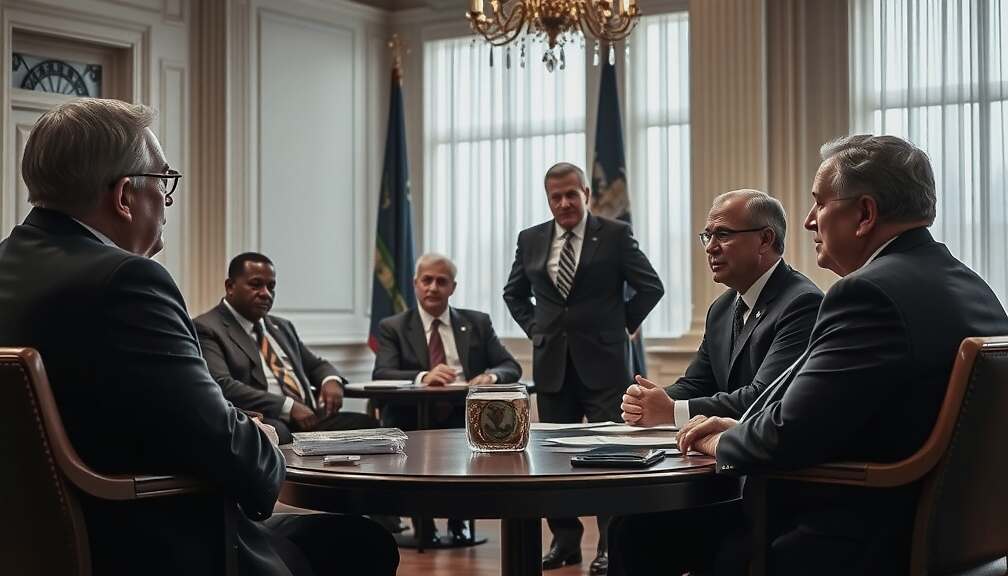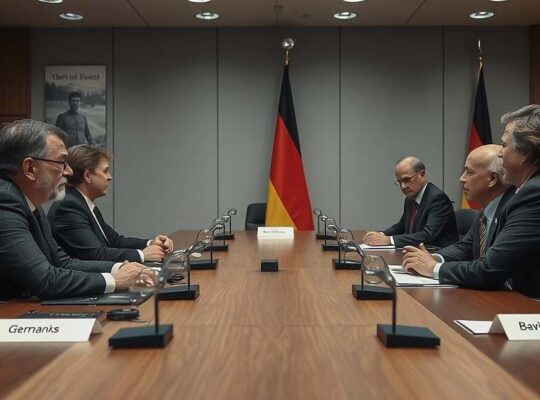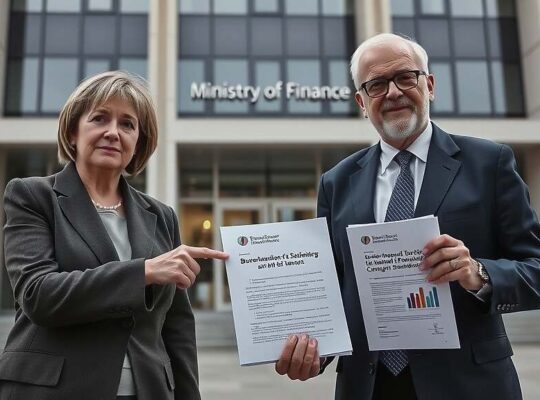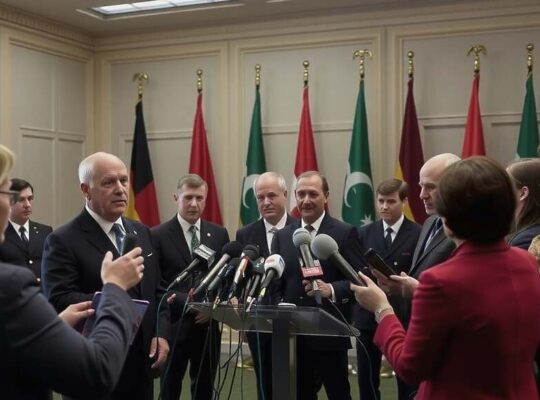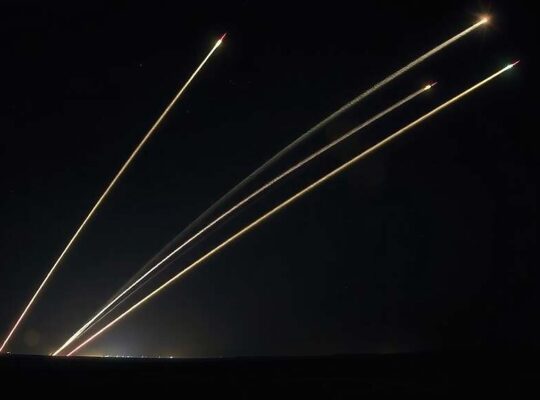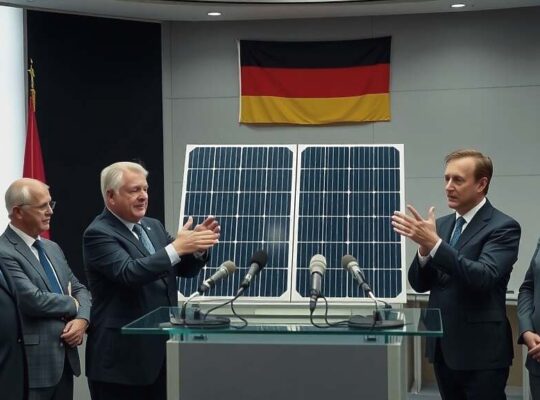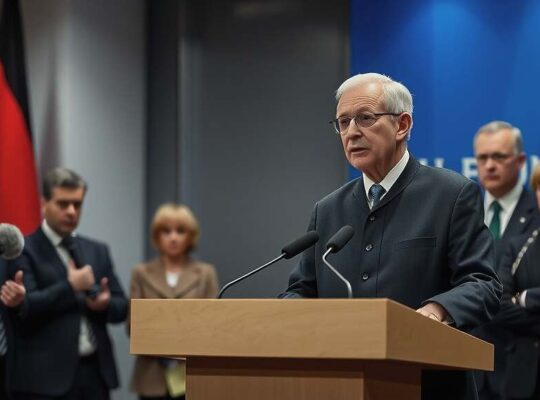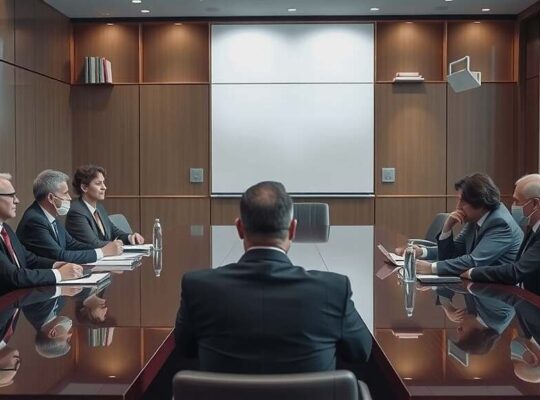The German government is facing internal debate regarding a potential shift in strategy towards Russia following recent attacks on Polish railway infrastructure. Florian Hahn, State Minister at the Foreign Office and a member of the CSU party, has publicly advocated for a consideration of retaliatory actions, fueling a simmering discussion about the escalation of hybrid warfare tactics against Moscow.
Speaking on the sidelines of the Berlin Security Conference, Hahn asserted a near certainty about Russia’s involvement in the attacks, citing the deliberate disruption of transport routes crucial for sustaining Ukraine’s defense. “It’s quite clear where these actions originate” he stated, directly implicating the Kremlin.
Hahn’s remarks highlight a growing unease within German political circles regarding the increasing sophistication and frequency of hybrid attacks attributed to Russia. While direct attribution remains challenging in all cases, Hahn pointed to demonstrable links between cyberattacks and actors within Russia, emphasizing that “little goes on in Russia without the Kremlin’s approval.
The State Minister’s suggestion to consider “hybrid active measures” as a response represents a significant departure from Germany’s traditionally cautious approach. Critics are likely to scrutinize the proposal, raising concerns about potential escalation and the risks of further destabilizing the region. The debate underscores a fundamental question facing European policymakers: whether continued passive defense against increasingly aggressive hybrid tactics is sustainable, or whether a more assertive posture is necessary to effectively deter future attacks.
Hahn’s position, characterized by a demand for deterrence through demonstrable retaliation, reflects a hardening stance among some factions within the government. He argued that only a willingness to actively defend against such aggression can create the necessary deterrent effect, particularly as the overall threat landscape continues to intensify. The proposal now presents a significant challenge to Chancellor Scholz’s administration – balancing the imperative for security with the complexities of managing a fraught relationship with Russia.


